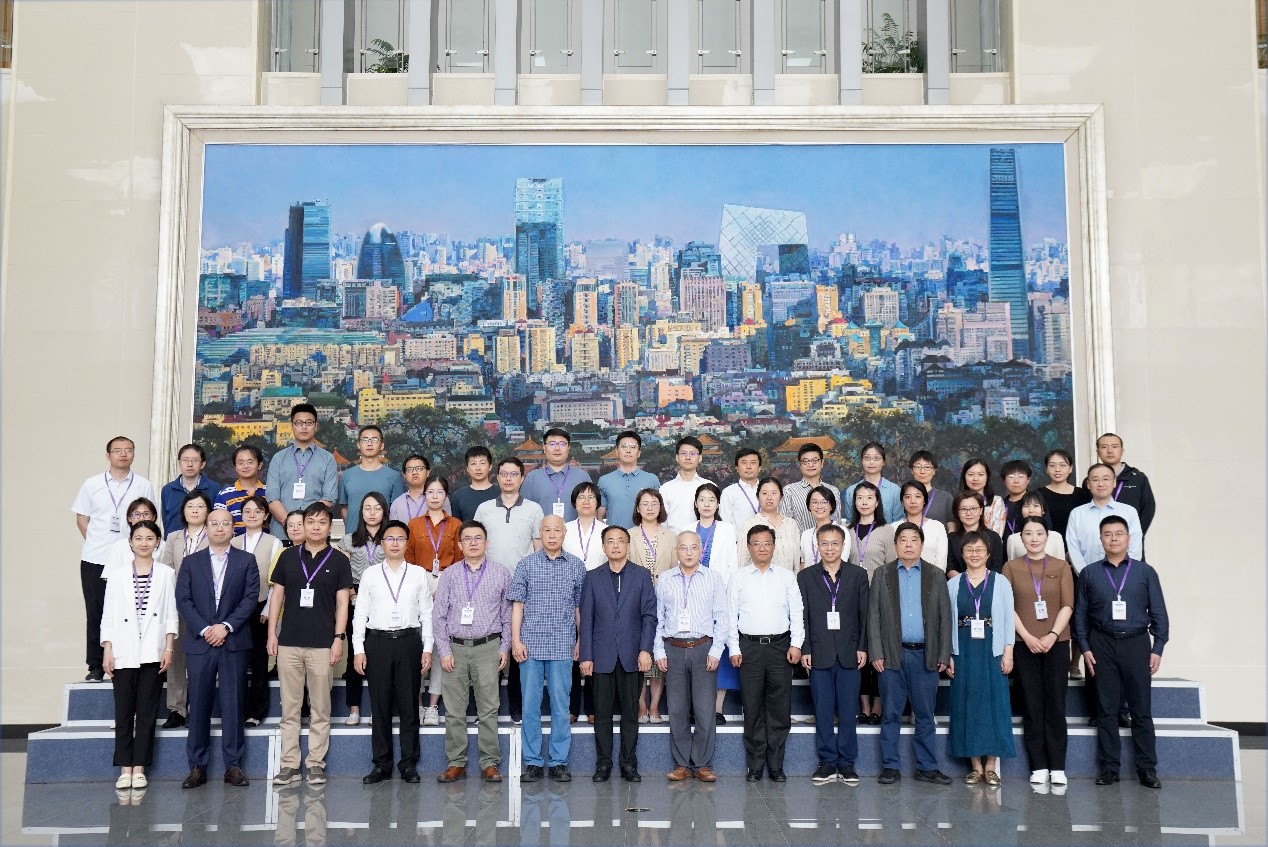CUEB Holds Seminar on Frontiers in Econometrics
On May 19, the Seminar on Frontiers in Econometrics, organized by the International School of Economics and Management (ISEM) of CUEB, successfully concluded. Well-known scholars around the world shared the latest research findings and made prospects for future development.
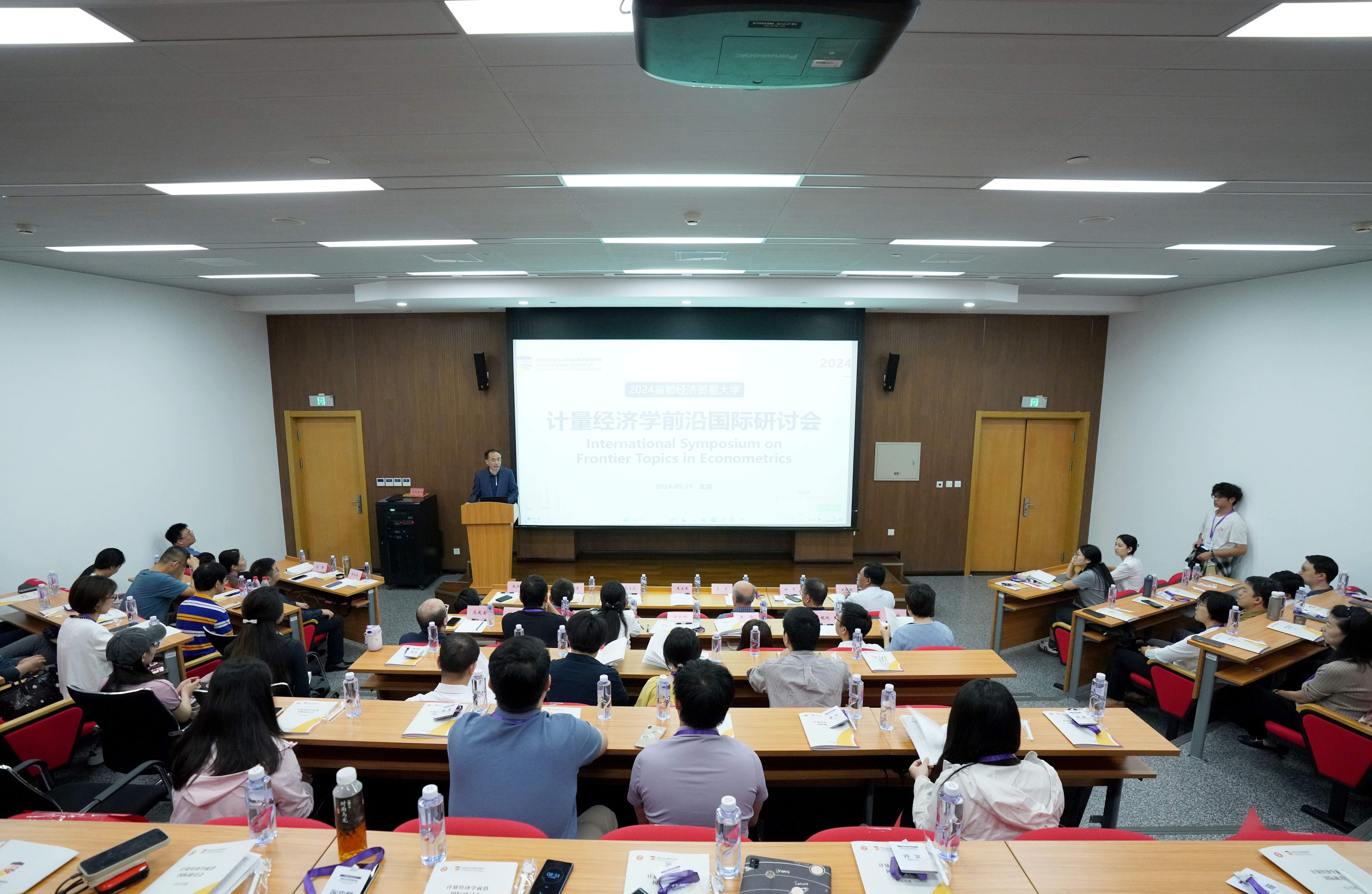
Wang Wenju, Secretary of the Party Committee, and Professor Li Qi from Texas A&M University (TAMU), the Founding Dean of the ISEM delivered opening speeches. Li Kunpeng, member of the CUEB Party Standing Committee and Vice President attended the meeting. Ma Qingyin, Dean Assistant of the ISEM, presided over the meeting.
Wang Wenju warmly welcomed all the experts and scholars and introduced CUEB’s discipline features and achievements in key areas. Wang noted that CUEB’s Applied Economics discipline has ranked among the top in China. In the future, CUEB plans to coordinate high-quality resources to support the development of disciplines and specialties, strengthen organized research, improve teachers’ academic prowess, make progress in key areas, and forge ahead toward the goal of a “Double First-Class” university. Wang concluded by expressing sincere gratitude for the concern and support for CUEB’s discipline development.
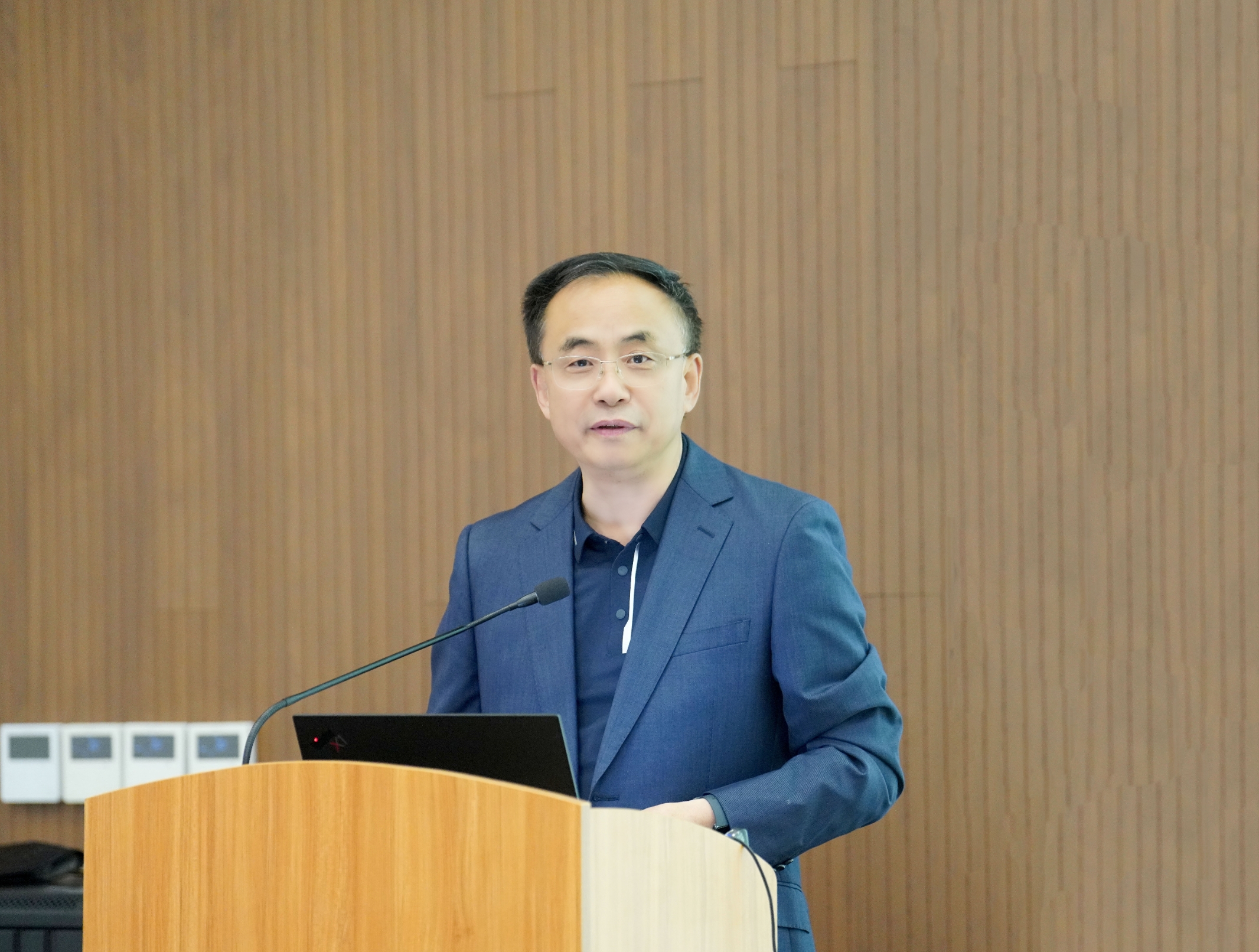
In the opening speech, Li Qi expressed his gratitude to the school leaders for their concern and support for the development of the ISEM. Li reviewed the development of the school and attributed today’s achievements to the hard work and dedication of outstanding personnel. Li also looked forward to the innovation and development of the school and encouraged the faculty to progress in research, thereby making greater achievements.
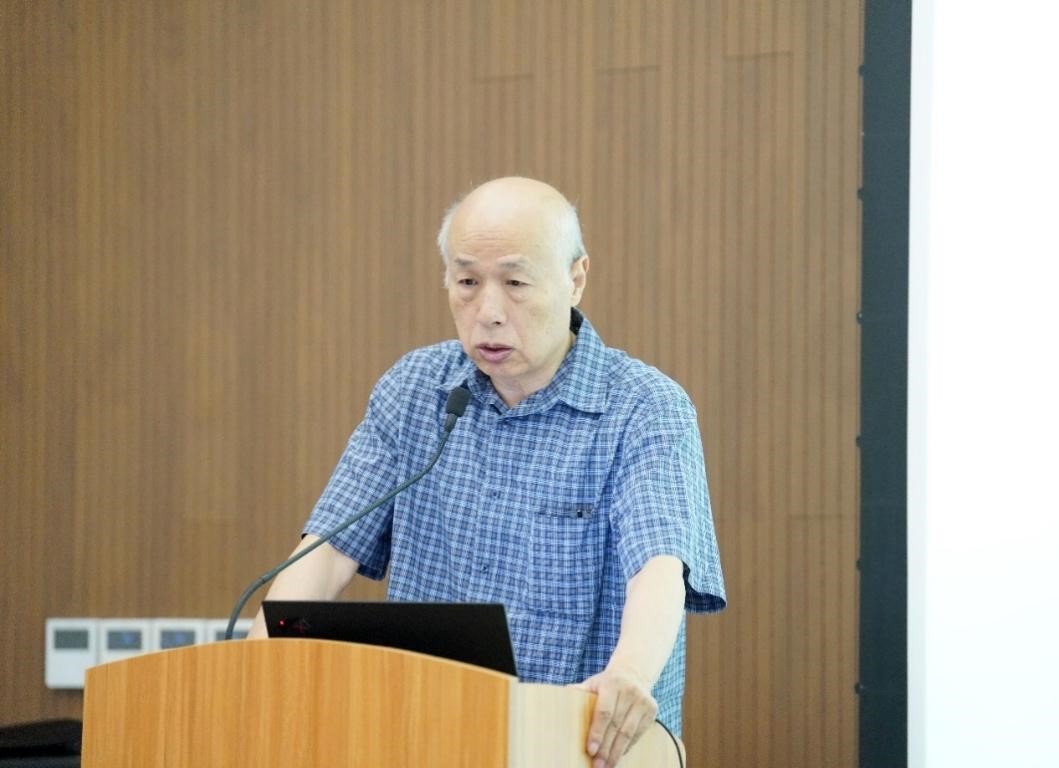
Chen Ye, Associate Professor of the ISEM, presided over the first session of the seminar. Cai Zongwu, Professor of University of Kansas, and Gan Li, Clifford Taylor Jr. Professor of Economics at Texas A&M University and Director of the Survey and Research Center for China Household Finance of Southwestern University of Finance and Economics, delivered reports.
In the report A Quasi Synthetic Control Method for Nonlinear Models with High-Dimensional Covariates, Cai Zongwu introduced a quasi-synthetic control method to improve the flexibility of estimation of average treatment effects of high-dimensional covariates in nonlinear models. He proposed using the MAVE method to estimate parameters and using LASSO type to choose high-dimensional covariates. He introduced a properly designed Bootstrap method to obtain confidence intervals and provided theoretical justification for the method.
Gan Li conducted an in-depth analysis of bank credit, moral hazard and the lifecycle of small and micro enterprises. From the perspective of moral hazard, Gan analyzed the impact of credit availability on the lifecycle of small and micro enterprises. He pointed out that the moral hazard behavior of small and micro enterprises to divert business loans for noncommercial purposes will weaken the support of loans.
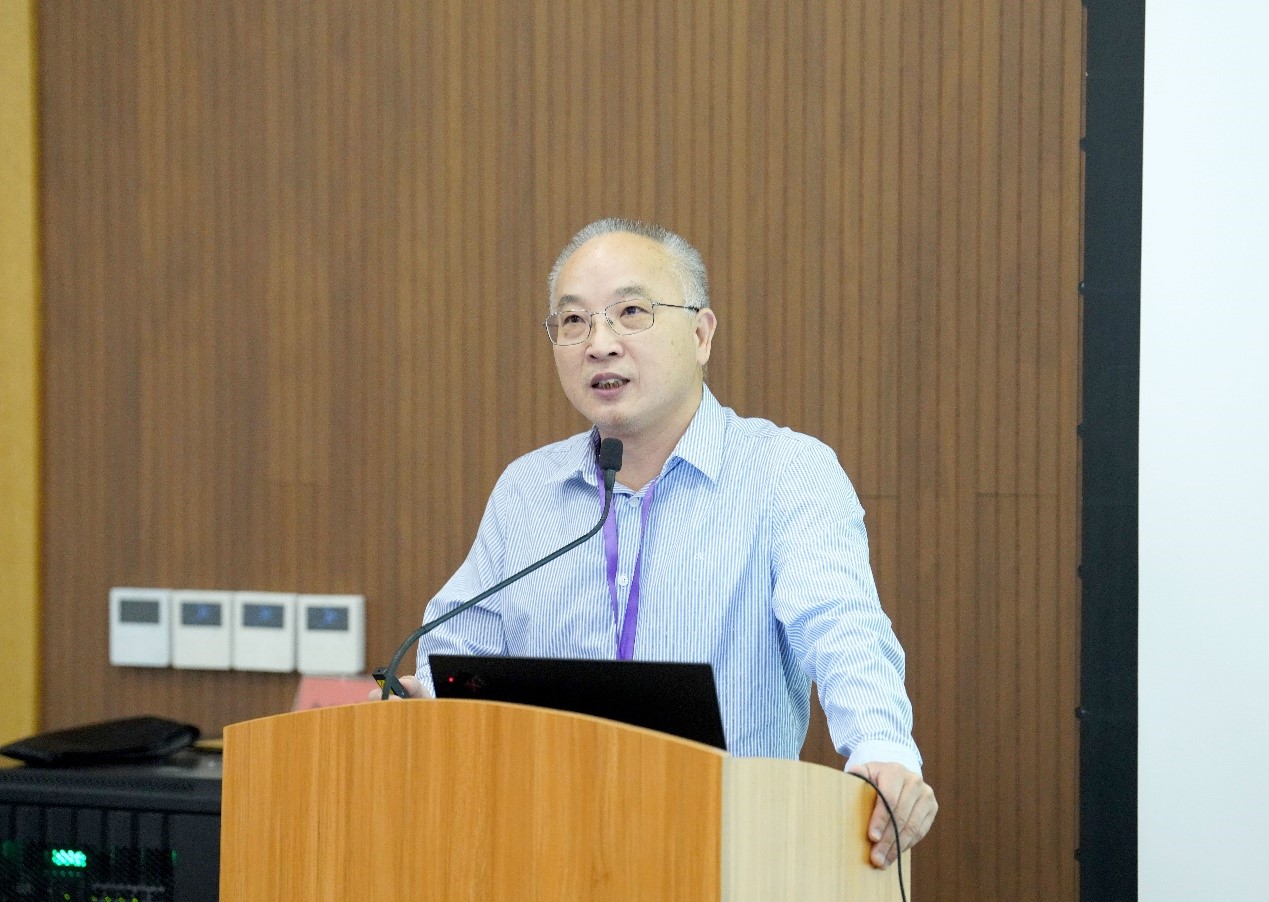
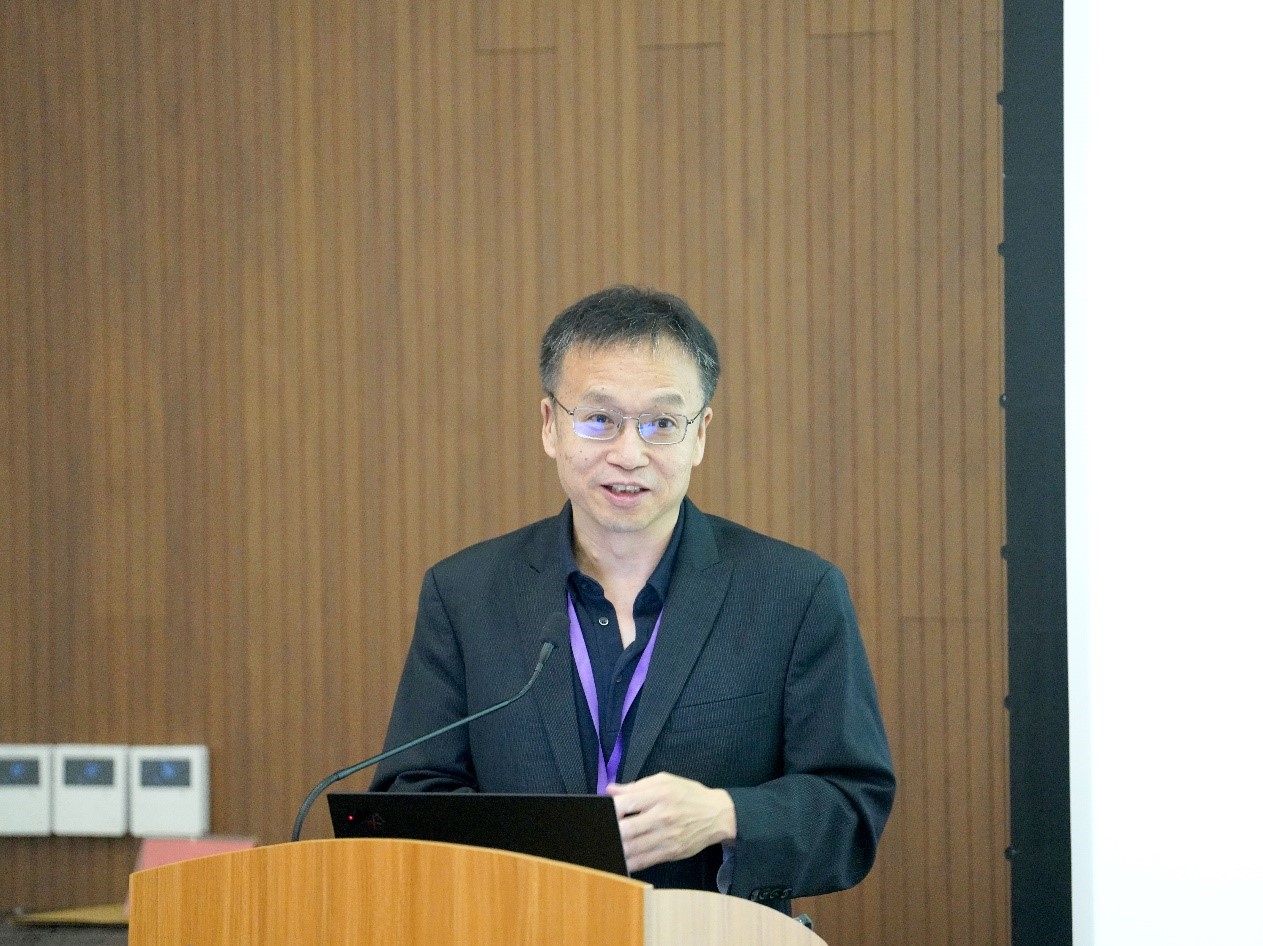
Sun Yucheng, Associate Professor of the ISEM, presided over the second session. Zhang Zhengjun, Tenured Professor of School of Economics and Management and Director of Department of Statistics and Data Science of University of Chinese Academy of Sciences (CAS) and Deputy Director of The Center for Forecasting Science, and Wang Weiguo, Former Member of the Standing Committee of the Party Committee and Vice President of Dongbei University of Finance and Economics, Special Government Allowance Experts of The State Council and Vice President of China Association of Quantitative Economics, delivered reports.
In the report Non-reversal Normal Markets Meet Nonexcessive Regulations: Quantile-based Risk Portfolios Outperform Naive Strategy, Zhang Zhengjun explored the advantages of quantile-based venture portfolios in non-invented markets and moderate regulatory conditions. He noted that VaR, CVaR and MMVaR exhibit different performances when evaluating the break-even ability of return-risk models, with MMVaR performing well. He proposed that MMVaR could replace the mean-CVAR model in current financial investment and portfolio optimization models.
In the report The Health Effects of Clean Energy Development - A Case Study of the West-East Gas Transmission Project, Wang Weiguo empirically examined the impact of clean energy development on public health. His research showed that the project significantly improved public health along the route. The improvement was mainly achieved through improved household energy structure, reduced corporate pollution emissions, and a better urban environment.
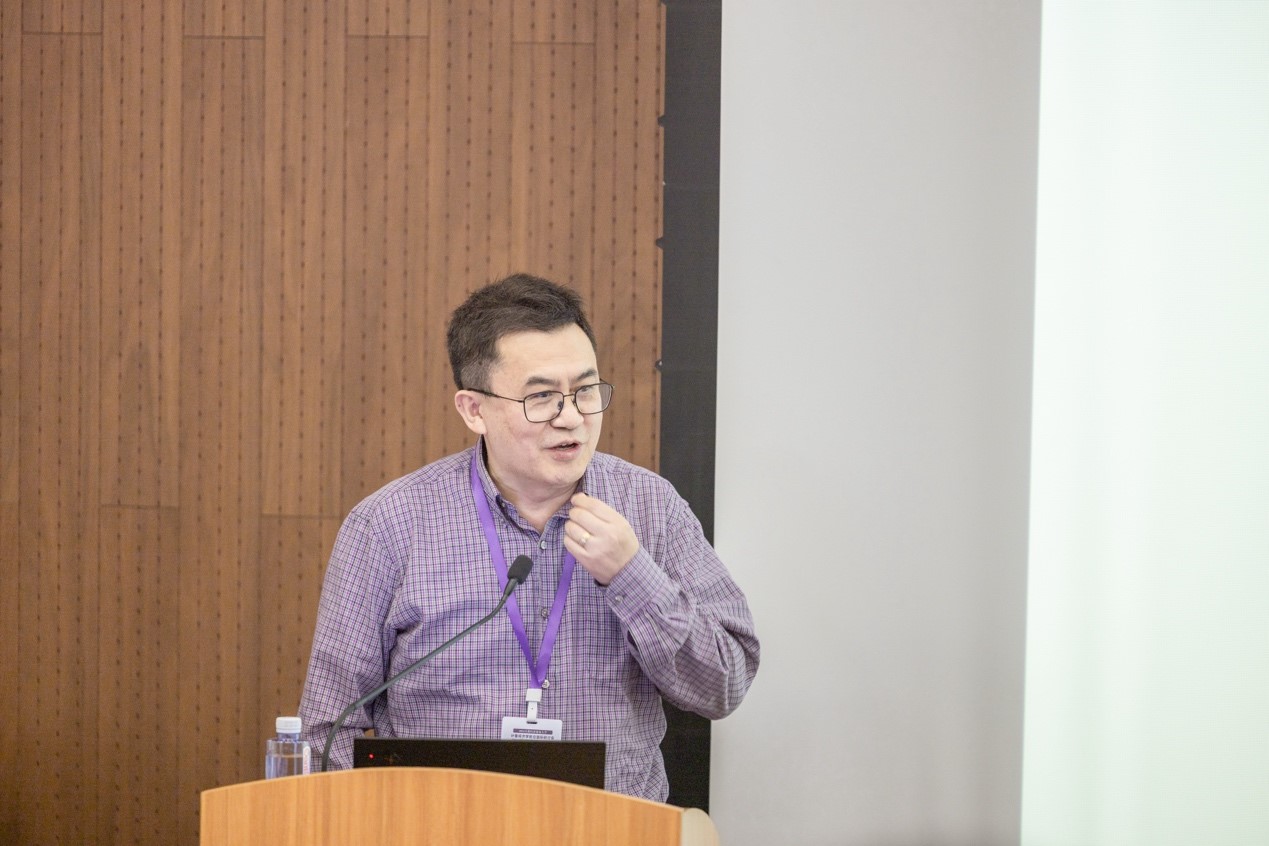
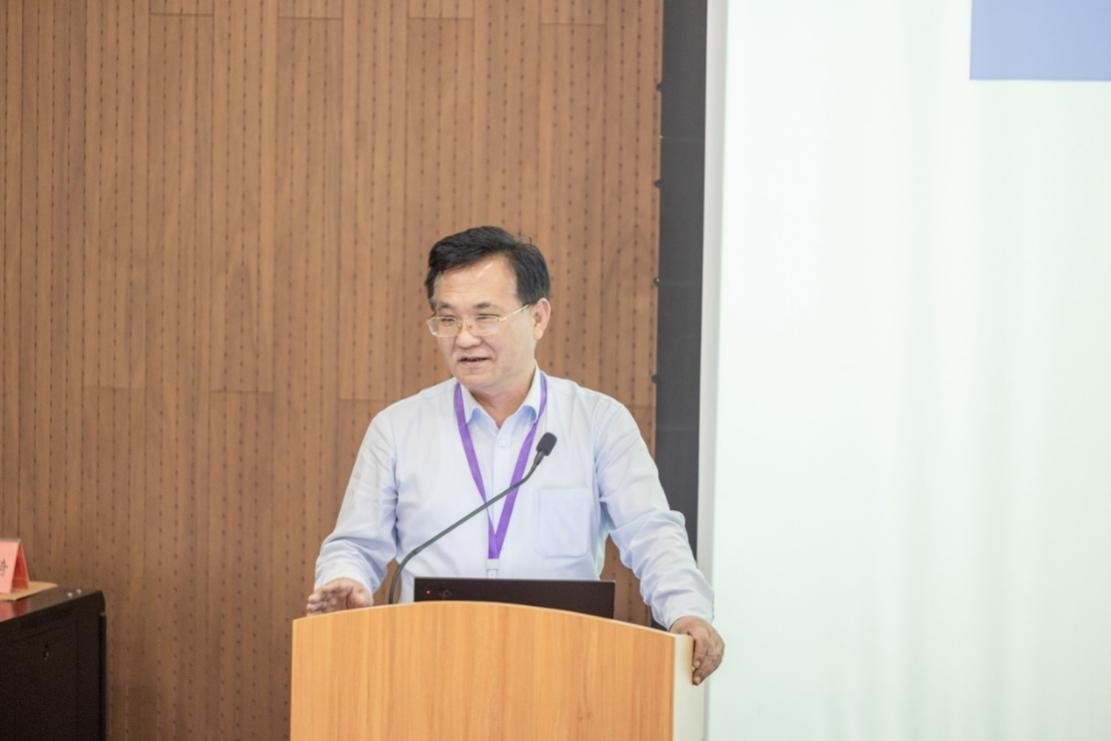
Zhang Yinglin, Associate Professor of the ISEM, presided over the third session. Three experts delivered reports: Wang Shaoping, Professor of School of Economics of Huazhong University of Science and Technology, Tu Yundong, Professor of the Department of Business Statistics and Econometrics of Guanghua School of Management and Center for Statistical Science of Peking University and Young Chang Jiang Scholar of Chang Jiang Scholars Program of the Ministry of Education, and Sun Yuying, Associate Researcher of Academy of Mathematics and Systems Science of CAS, winner of Excellent Young Scientists Fund and member of Young Elite Scientists Sponsorship Program by China Association for Science Technology.
In the report A new test for unit roots with a partial quadratic trend, Wang Shaoping proposed a new test for unit root processes with a partial quadratic trend on an unknown break date, denoted as the URQ process herein. Such a process is extremely similar to the explosive bubble process, and both can capture the sharp rise in prices. Wang showed in stimulation that the test has good finite sample performances and can differentiate explosive bubble processes from URQ processes.
In the report Regime-specific Return Predictability in Quantiles, Tu Yundong proposed a predictive quantile regression with multiple thresholds to capture the underlying regime-switching mechanism in the prediction of stock returns. He explained that the predictability of each predictor can switch between regimes based on the value of a threshold variable and could vary across quantiles.
In the report Model Averaging for Decomposed Data, Sun Yuying proposed a novel forward-validation model averaging approach to combine decomposed modes with appropriate weights, thereby enhancing the accuracy of the target time series forecast. Sun showed that the proposed model averaging estimator is asymptotically optimal in the sense of achieving the lowest possible quadratic prediction risk. She established the rate at which the selected weights converge to the optimal weights to minimize the expected quadratic loss.
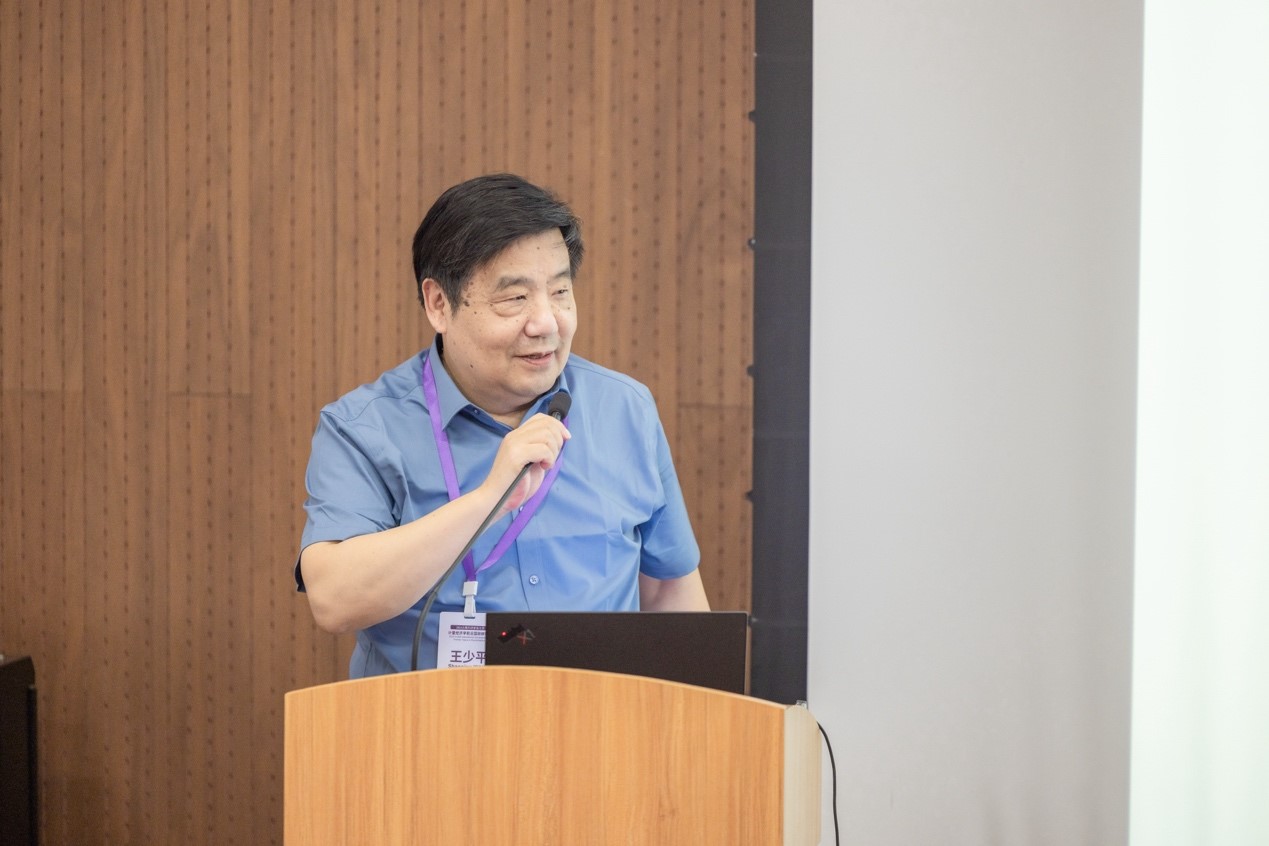
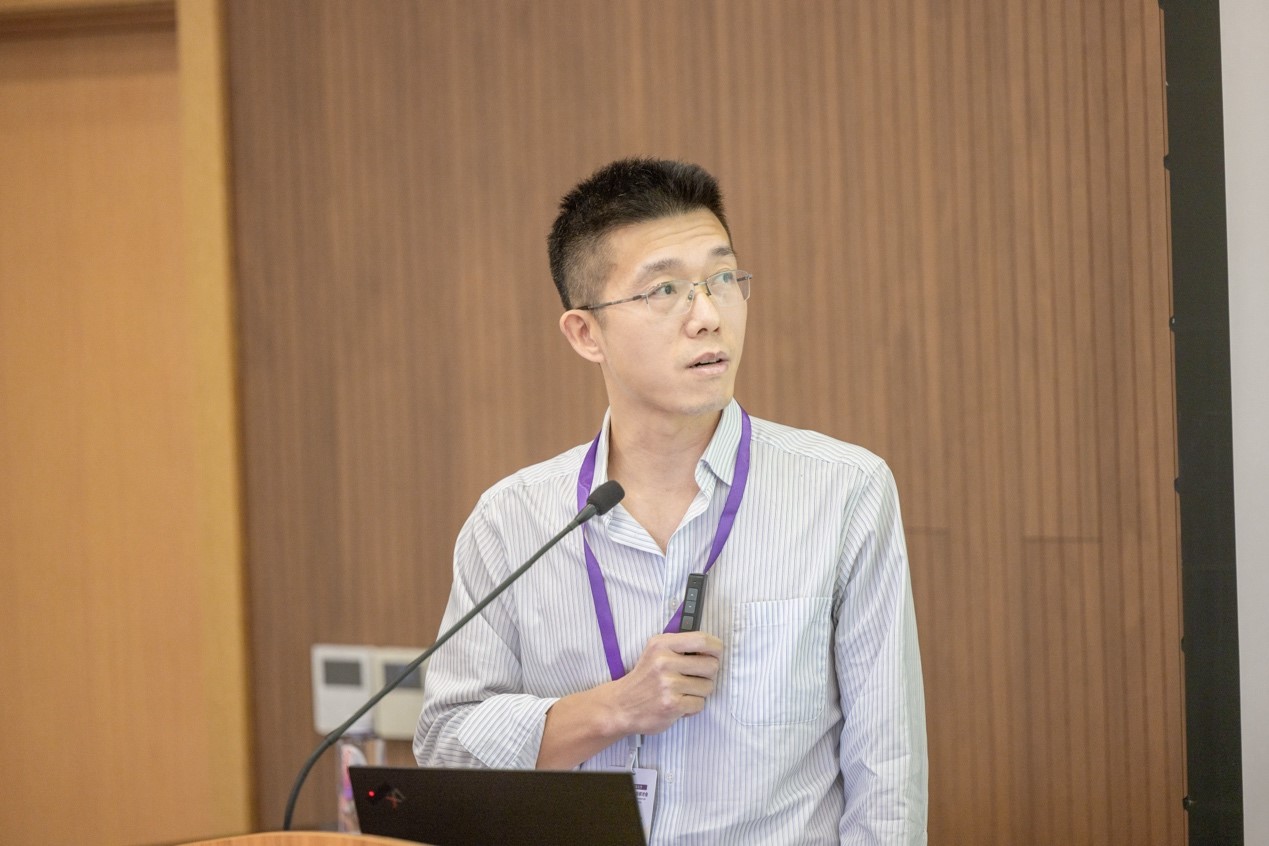
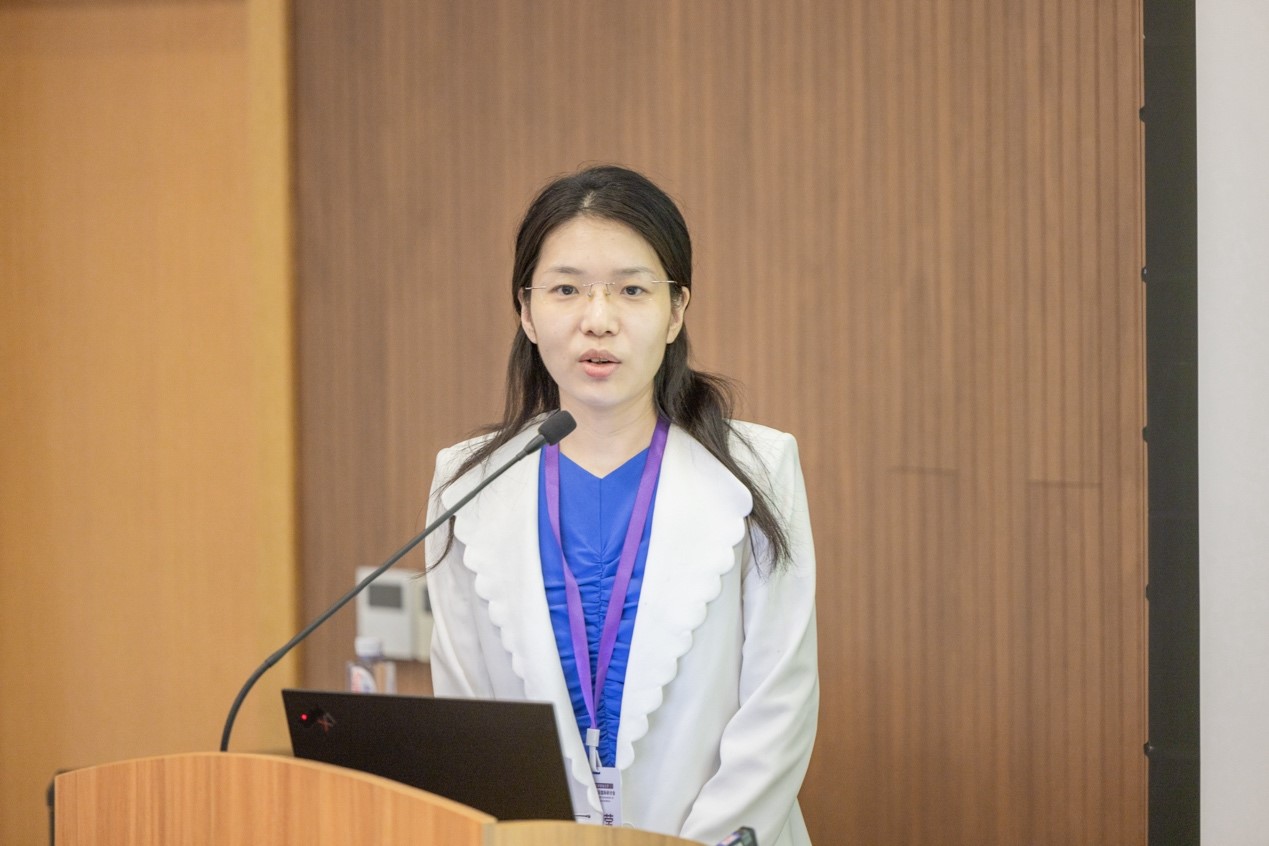
Li Weiming, Deputy Dean of the ISEM, chaired the final session of the seminar. In this session, reports were delivered by Wang Xia, Distinguished Professor of Wu Yuzhang from Renmin University of China, Young Changjiang Scholar of Chang Jiang Scholars Program of the Ministry of Education, and Professor Lin Wei from the School of International Trade and Economics of the University of International Business and Economics.
In the report High Dimensional Conditional Factor Model, Wang Xia studied the estimation and variable selection of high-dimensional conditional factor models. She used nuclear norm regularized regression and adaptive group LASSO regression to consistently estimate sparse coefficients and latent factors while selecting relevant instrumental features.
In the report Seasonal Adjustment of Time Series Observed at Mixed Frequencies Using Singular Value Decomposition with Wavelet Thresholding, Lin Wei proposed a flexible seasonal adjustment method for seasonal time series observed at mixed frequencies and possessing abrupt changes of seasonality. He proposed an effective algorithm that applies wavelet smoothing technique to the left singular vectors to estimate the seasonality.
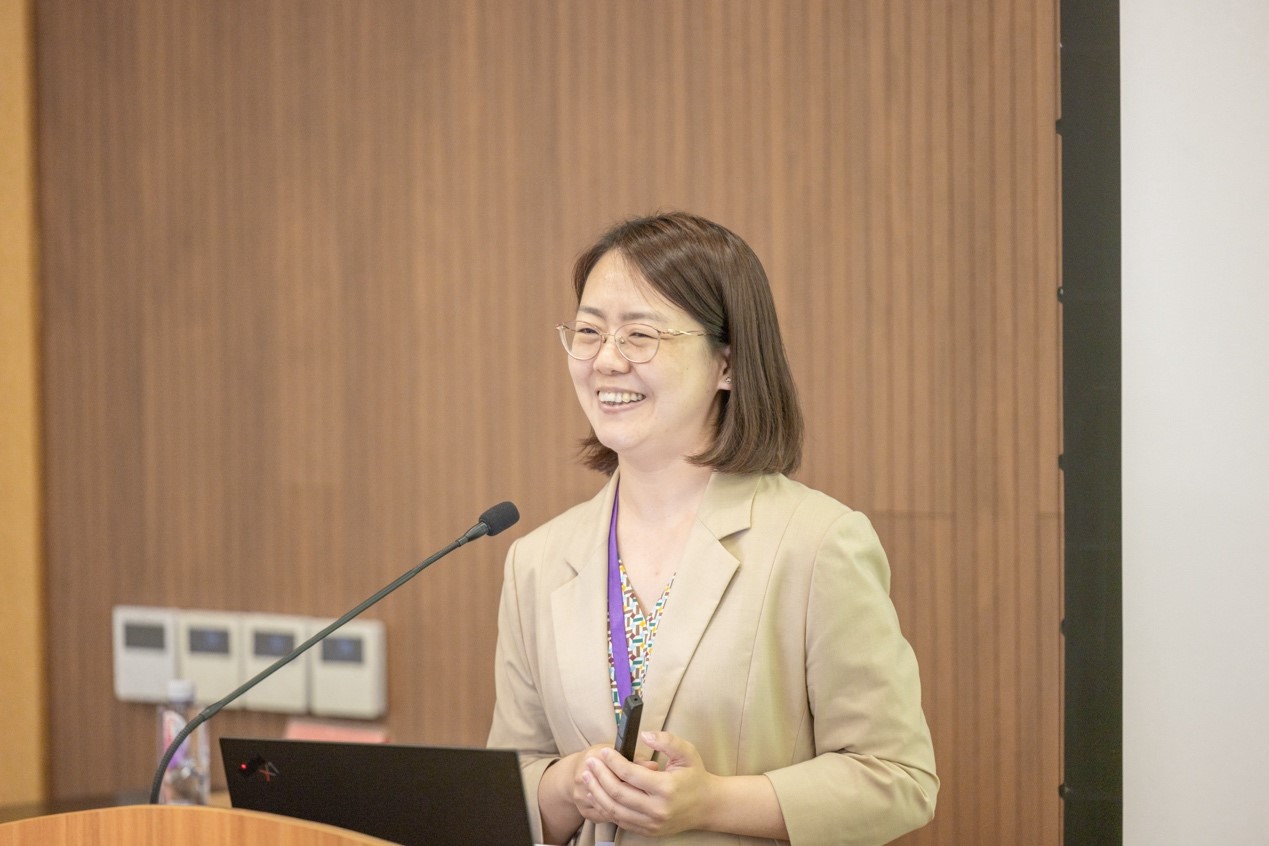
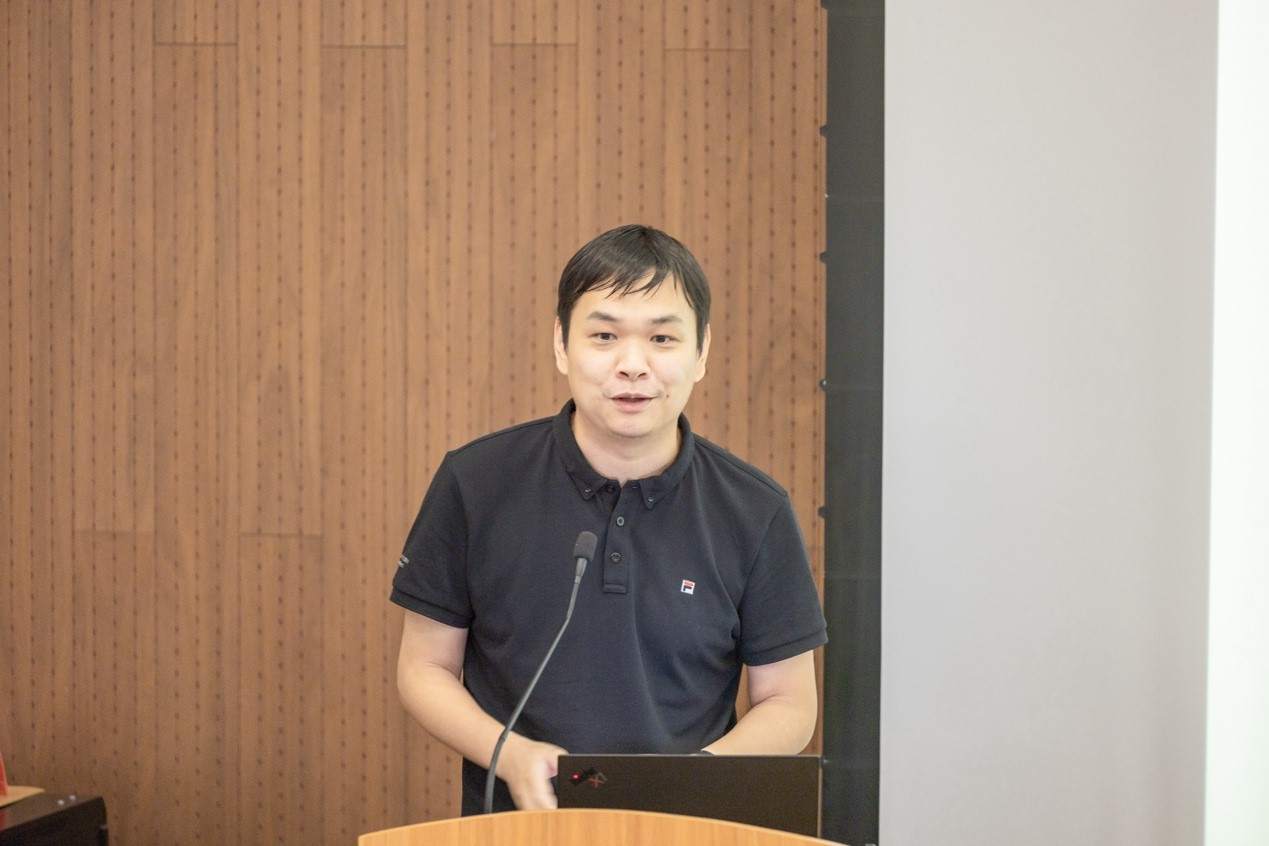
Li Kunpeng delivered the closing speech, expressing sincere gratitude to the experts and scholars for their great contributions to the seminar. He stressed that ISEM will continue to hold academic conferences on the frontier of econometrics and take this as an important way to enhance the quality of teacher research. He believes that through continuous cooperation and mutual promotion, the school will provide more high-end platforms and contribute to CUEB's high-quality development.
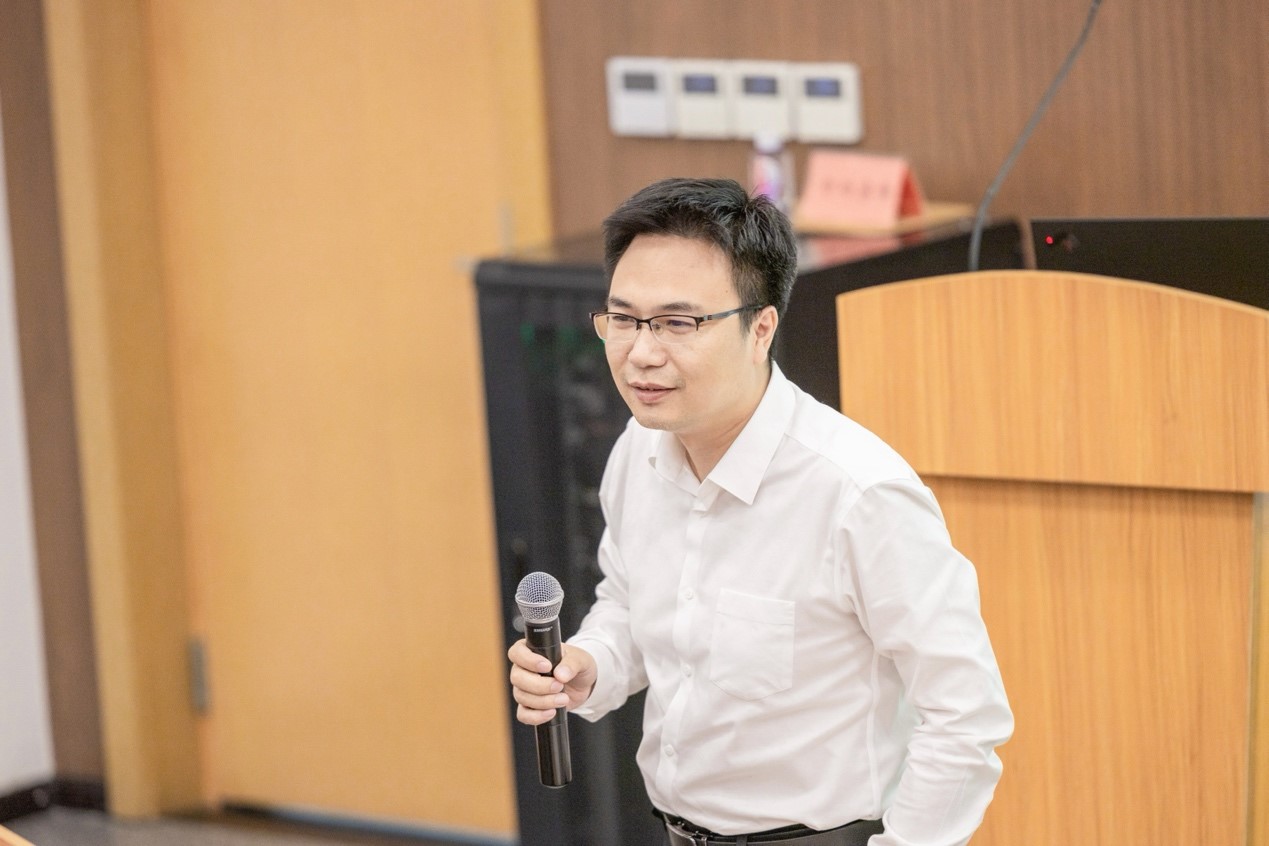
The presentations and discussions by experts and scholars propelled the development of the econometrics discipline and fostered international exchange and cooperation. The International School of Economics and Management will continue to create high-level academic activities, further leveraging its research advantages to contribute to the development of academia and education.
